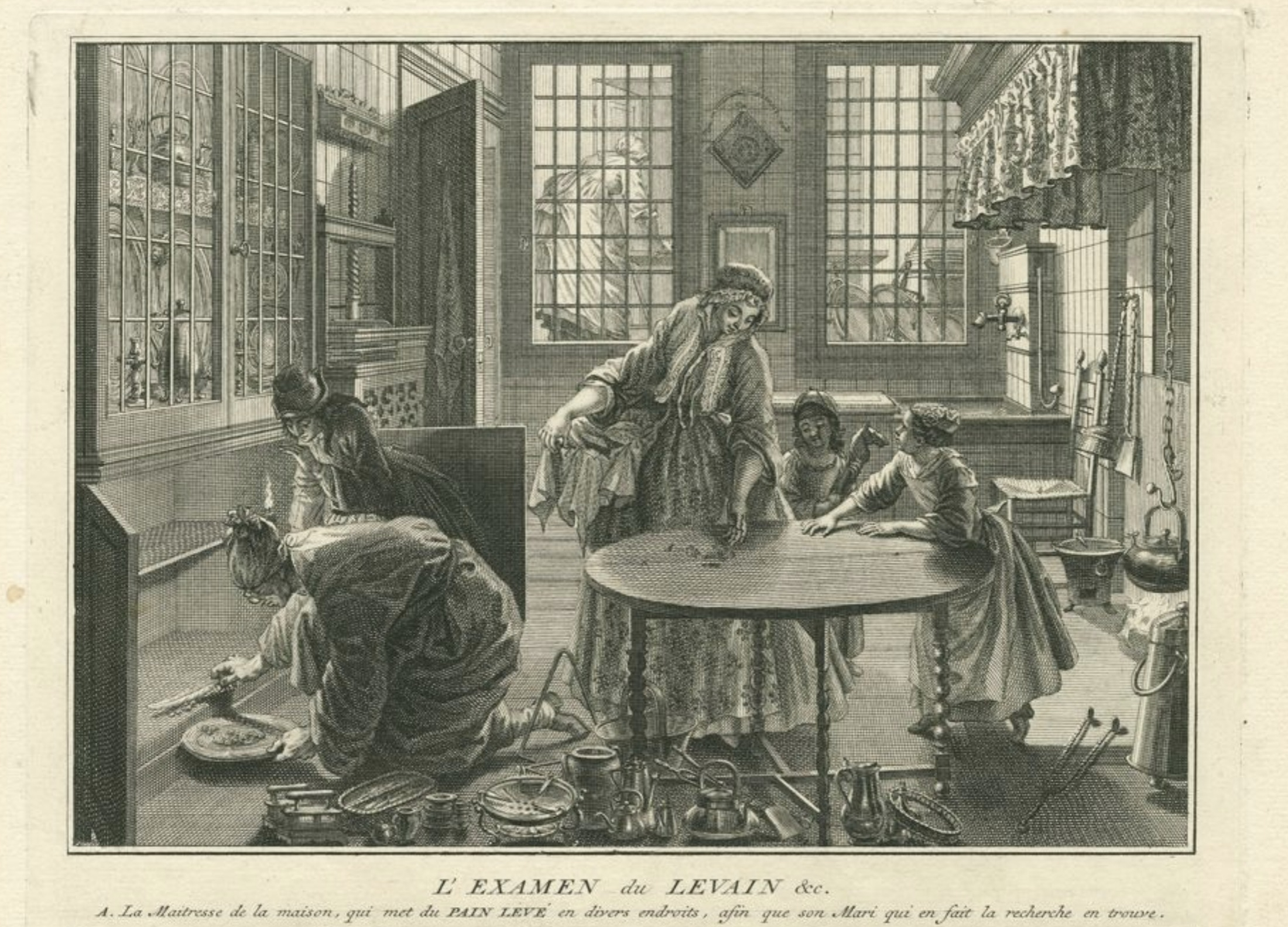| Jacob with Joseph's Coat Brian Hatton, 1912, Hereford Museum |
Let us begin at a familiar point. The brothers have stripped Joseph of his dignity and his “coat of many colors.” He is dumped down the shaft of a dry well. Meanwhile, as he lies alone and bloodied in the dark, a caravan of Ishmaelites arrive, “their camels carrying balm, balsam and labdanum, heading down toward Egypt” (Genesis 37:25). The merchants’ destination is quite significant, for it is to there that Joseph shall soon descend. But of what import is the merchandise? Perfumes and fragrances are neither here nor there.
Next, the brothers sell “Joseph to the Ishmaelites for 20 pieces of silver” (Genesis 37:28). The sale of a human being is a heinous crime. It is neither mitigated nor magnified with a brief statement about currency and price! Why even mention these “pieces of silver”?
Finally, to conceal their wicked sin, the brothers “took Joseph’s coat, slew a hairy goat and then dipped the coat in its blood” (Genesis 37:31). Naturally, the blood is needed to deceive Jacob, who at the sight of the tattered, blood-soaked coat assumes the worst: “Joseph is torn to pieces by a wild beast” (Genesis 37:33). Still, why mention the goat, and why especially a hairy goat?
With these facts before us, we proceed. To begin, the goat seems to have little connection with the particulars of Joseph’s life, but Jacob’s life seems to revolve around them. It was Jacob who sent 220 goats to his brother as a guilt offering to assuage the latter’s wrath (Genesis 32:15). It was Jacob who spent a good 20 years being swindled out of things, like spotted and speckled goats, by his father-in-law, Lavan. And most important, it was Jacob who deceived his father, Isaac, with goat meat and goatskins. Disguised as (hairy) Esau, wearing his goatskins and bearing a tray of goat meat, Jacob steals Esau’s blessings (Genesis 27:9-16). It is poetic justice, then, that his children in turn deceive Jacob through a slain goat.
As to Joseph, it is possible that his beloved coat was woven of goat’s hair. Luxury fabrics like cashmere and mohair are woven from goat sheerings. In the wilderness, the fabric was used in the construction of the Tabernacle (Exodus 25:4). Perhaps it is doubly ironic that the beautiful coat, which expressed Jacob’s profound love for Joseph, is used to bring about Jacob’s greatest sorrow, through its being submerged in, of all things, the blood of a hairy goat.
If this is Jacob’s due for his past crimes, what punishment awaits the brothers? It is here that we find two details that would, at first glance, seem happenstance if it were not for our earlier investigations. The setting is Egypt, Joseph is viceroy, and in the 20 years since his brothers last saw him, he has become a new man, disguised beyond recognition. Joseph interrogates his brothers, accuses them of espionage and incarcerates Simeon. He then offers them a deal to prove their innocence: “bring Benjamin, Jacob’s youngest son.”
On their way home, the brothers notice something odd. Joseph has returned their pieces of silver. They “see silver in the mouth of the pack” (Genesis 42:28). Once more they must return to their father, minus a son, with a sack full of silver coins, and the heavy stench of guilt. “What is this that God has done to us?”
When they finally convince Jacob to relinquish Benjamin, so they can return to Egypt and buy food, Jacob offers some advice. Bring the man (Joseph) a gift: “a little balsam, a little honey, balm and labdanum, pistachio nuts and almonds ... and as for your brother, take him, too” (Genesis 43:11-13).
Such delicious irony: The same fragrant smells that accompanied Joseph the slave on his descent to Egypt now accompanies the brothers as they descend to Egypt. This time the brothers accompany Benjamin, anxious at every step. Will he vanish like Joseph, like Simeon? Perhaps this viceroy will keep all of them as slaves?
Such is biblical justice, measure for measure, an eye for an eye. “Until every drop of blood drawn with the lash shall be paid by another drawn with the sword,” as Abraham Lincoln put it. But such a world is not half as cruel as one of happenstance. A world where, to quote William Shakespeare, “Some rise by sin, and some by virtue fall.”
________________________________________
Rabbi Yehuda Hausman is a Modern Orthodox rabbi who teaches in Los Angeles. He writes about the weekly parasha on his blog, rabbihausman.com.


